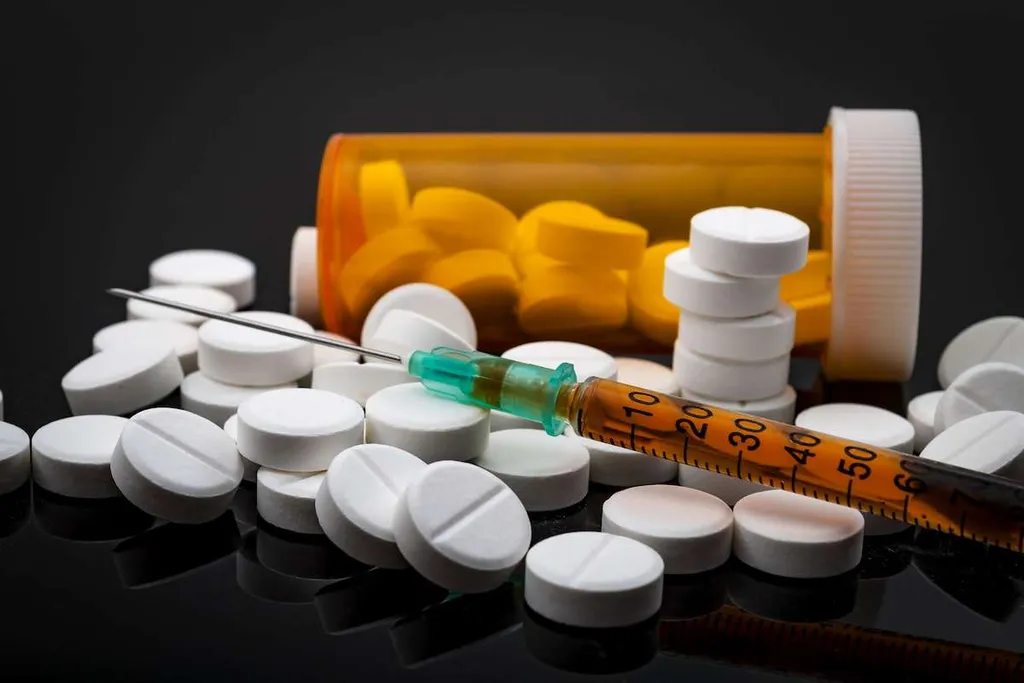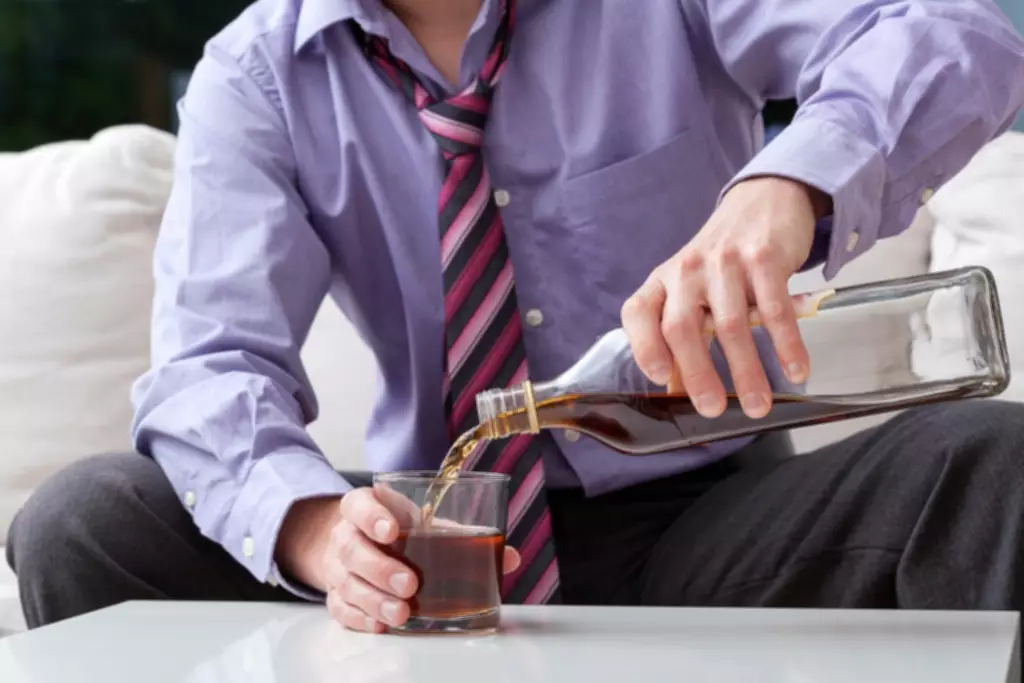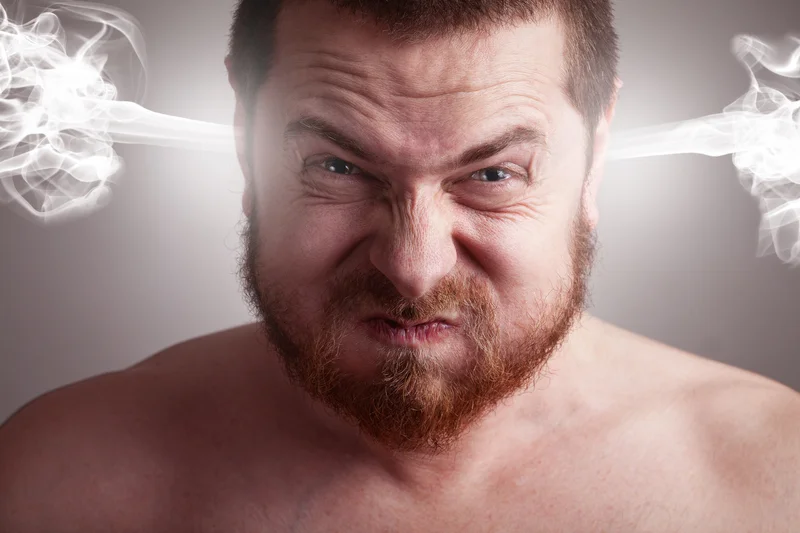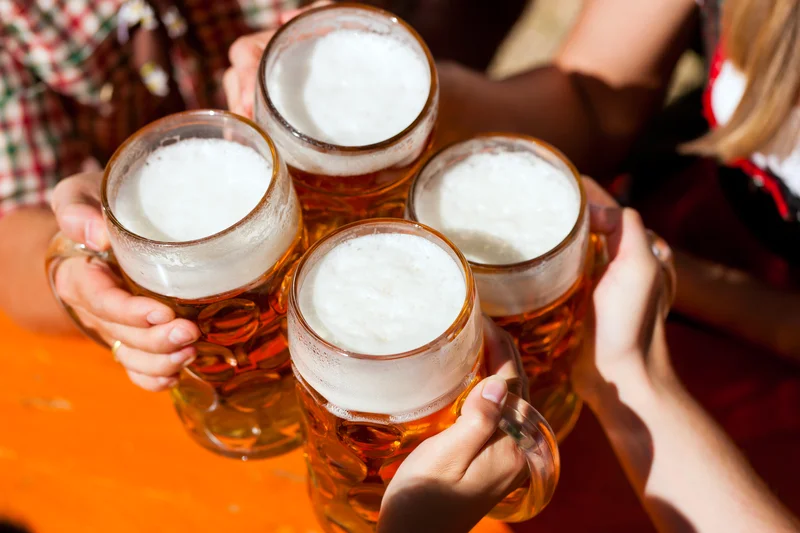
If you know certain topics trigger your anger while drinking, consider discussing these openly with friends before heading out for drinks. Opting for calm and supportive environments when drinking can help reduce the likelihood of confrontational situations arising. One study published in a journal called Cognitive, Affective, & Behavioral Neuroscience sought to explore factors that make some people more aggressive when they drink. It might also cause you to misread situations, resulting in you getting angry when you’d normally be calm and rational. For example, if someone accidentally bumps into you at the bar, you might misinterpret this as an act of aggression, causing you to become confrontational and angry. If you were sober, you might be able to look at this logically instead, and accept it may have just been an accident.

What Alcohol Does To Your Personality
First, it’s important to note that alcohol by itself does not make people mean or angry. So people who typically keep certain thoughts and feelings to themselves while sober are more emboldened to unleash them onto the world when they drink. Finally, heavy drinkers or those who reported alcohol dependence were six time more likely than casual drinkers to say that any alcoholic beverage made them feel more aggressive.
How do you deal with an angry drunk person?
If a problem is ongoing or does not seem to have an adequate solution, you should be prepared to make some changes in your life. Substance misuse won’t resolve problems, it will only cause more. If taking time out doesn’t Drug rehabilitation help, find a way to put your anger to good use.
- Many people whose behavior changes drastically with drinking have a hard time believing it when they’re sober.
- Happy drunks display open body language; relaxed postures and wide smiles being common indicators.
- We’ve all been or seen someone have a few drinks and become a new person.
General Health
- Instead, try reaching out with compassion because understanding is the first step towards resolution.
- It can also lead you to make poor choices, such as reacting aggressively instead of calmly.
- With an influx of dopamine, the brain’s reward center becomes activated, making people more open to doing things that they might not do when sober.
Simply put, people who are usually argumentative when they does alcohol make you angry are sober may be more likely to initiate a fight or become aggressive when drunk. These researchers questioned 156 participants on their alcohol history and personality traits. The study found that participants who had a certain genetic mutation called HTR2B Q20 were more likely to act out aggressively, lash out at others, and become mean when they drink. Although this study was eye-opening, researchers still do not know everything about how genes can influence the way that people react to alcohol. One study found that chronic alcohol use decreases the function in the prefrontal cortex, which plays a key role in impulse control. Long-term alcohol misuse can also cause serious and possibly permanent brain changes, which increase emotional instability and amplify certain psychological disorders.

Supporting a Loved One with Depression

Although alcohol consumption may produce short-term relaxing and soothing effects, it has many adverse effects on human behavior and emotions in the long run. As mentioned above, alcohol can damage the brain cells and their chemicals; alcohol can lead to aggression, uncontrolled anger, offensive behavior, and violent activities. Moreover, alcohol can also cause dysregulation in the body’s stress pathways, resulting in increased anxiety, stress, psychosis, and suicidal tendencies. Unfortunately, the equilibrium of these particles gets disrupted when the levels of alcohol are high in the blood, causing damage to the brain’s functioning.
- First, it’s important to note that alcohol by itself does not make people mean or angry.
- The saying “you are the company you keep” takes on new meaning when it comes to alcohol consumption and aggressive behavior.
- Decreased cognitive function also means it’s more likely for you to misread a situation and overreact.
Others can be affected by alcohol-related violence too, including wider family and friends as well as children. Reframe supports you in reducing alcohol consumption and enhancing your well-being. Specifically, alcohol impacts the amygdala, the neurological security guard that stays on the lookout for danger and helps us react appropriately. But alcohol — sneaky culprit that it is — messes with the amygdala’s communication channels, impairing its ability to interpret social cues. As we continue to drink, the alcohol starts to affect different parts of the brain, especially those responsible for aggression and self-control. It’s like the brain is on a wild roller coaster ride — one minute we’re peacefully cruising along, and the next, we’re rocketing down a steep slope with the wind screaming in our ears.

Proven Ways to Master Couples Communication: Expert Tips for Better Relationships

Specifically, it found that problematic drinkers may be more likely to attend to aggressogenic stimuli while intoxicated, and that is, they were more likely to experience certain cues as aggressive. In an environment where heavy alcohol consumption is normalized or where aggressive behavior is condoned or encouraged, you’re much more likely to exhibit anger and aggression while intoxicated. When treating alcohol abuse or addiction, all the underlying issues need to be treated as well. Anger is one of the biggest causes of relapse, according to Alcoholics Anonymous.
